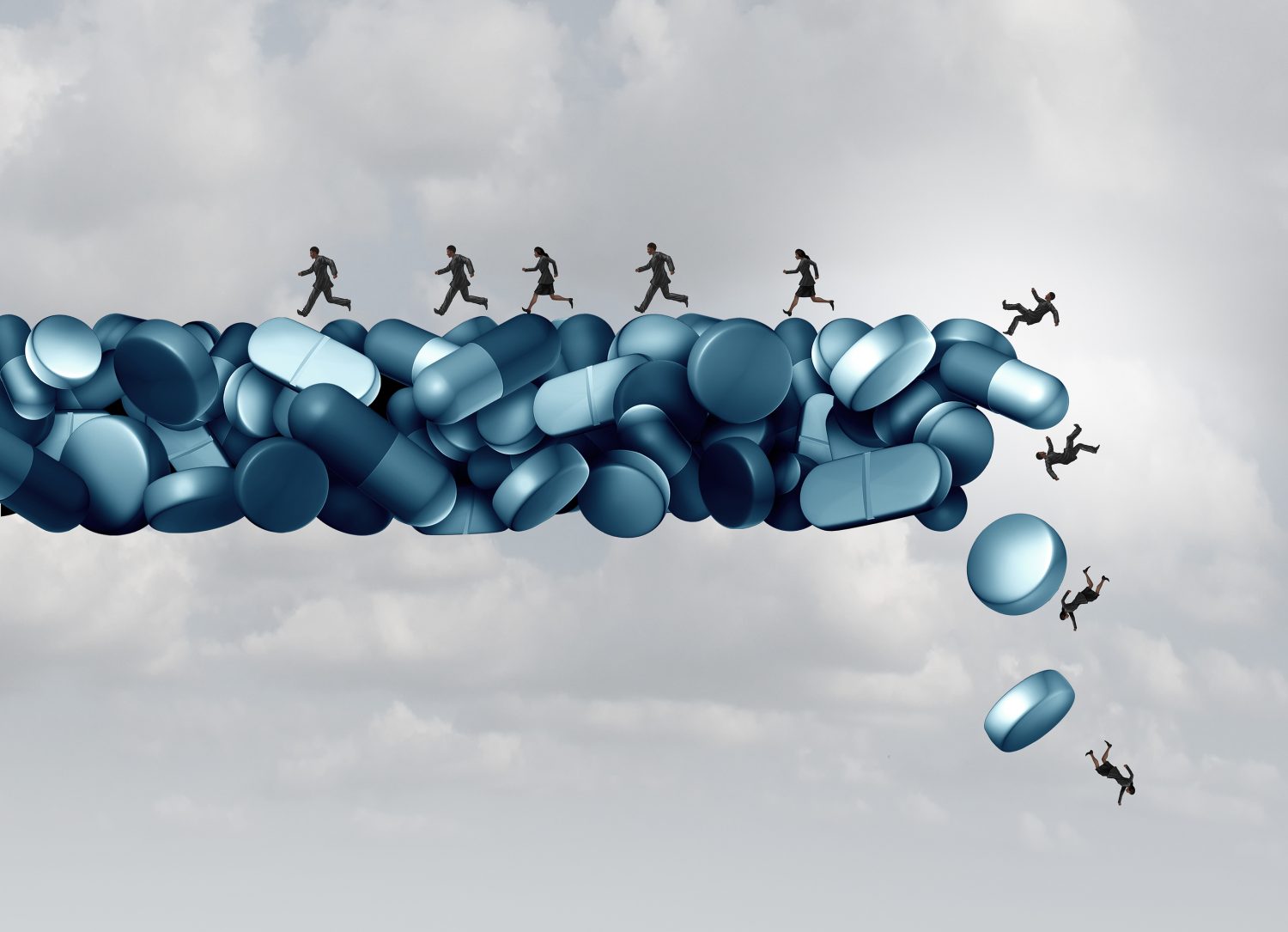Millions of Americans are addicted to drugs and alcohol. So many, in fact, that the Institute for Public Health and Medicine at Northwestern University refers to the opioid epidemic as an ongoing “public health crisis”. And it is not just heroin and other hard drugs that pose a threat: prescription pain-killing medications such as opioids (Demerol, Oxycodone, Fentanyl, Percocet, etc.) are some of the most commonly abused substances in the United States. To find a solution for this opioid crisis, we need to look beyond the symptoms of opioid addiction; we need to look and see the individual in front of us.
If you are struggling with opioid addiction, it is likely that an underlying issue is causing the problem. Seeking addiction treatment is an essential first step for rebuilding your life. However, traditional rehab facilities often focus on the symptoms and can forget the person behind the addiction. New and more advanced methods of addiction treatment are shorter, more comfortable and far more effective.
Is Drug Rehab Effective?
Inpatient drug rehab programs are intensive. They often last for months, and by design disrupt the patient’s life and routines. This makes enrollment in an inpatient rehab center an unappealing option for those maintaining a productive life.
But is it worth it? For many, the unfortunate answer is “no.” An estimated 40-60% of patients will relapse after receiving opioid addiction treatment in drug rehab. This creates a “revolving door” effect, with patients bouncing from one treatment center to another in between relapses.
For over 26 years, people from all over the world have chosen Waismann Method as their opioid detox provider.
We know the challenges you face and the importance of creating a unique and personal experience for you right from the start.Call for Detox Options 1-800-423-2482
Advances in science offer an alternative. Our understanding of how the brain functions allow us to reverse opioid physical dependence medically. This means briefer stays in the facility and more focus on addressing patients’ underlying needs.
Healing Must Come from Within
Drug addiction is often a symptom of a more significant, broader issue. For this reason, focusing on the addiction alone can miss the mark. An “addict” label cannot describe you as a person nor know your history. Therefore, treatment based solely on your symptoms will never be as powerful as treatment focused on the real issue causing your emotional pain.
After all, lasting recovery must come from within. It happens when there is an understanding of your personal story and the role that drugs are serving in your life.
If you Look Beyond the Symptoms of Opioid Addiction, you might Find Recovery.
Substance abuse can stem from an unresolved issue. It may be a direct consequence of depression or anxiety. It may also be a response to stress or trauma. For many people, it may be the effect of long-term treatment for pain management with opioids.
Often, opioid use is an attempt at self-medication. Living with unresolved issues can be challenging and painful. Distress makes opioids a tempting alternative to help cope with or escape from emotional pain.
The path to recovery requires an understanding of your issues and the courage and strength to work on them. Your challenge is to seek and find an individualized assessment and treatment based on your unique history. Your journey to full healing can only start when both your medical and emotional needs are met.
Understanding the Role of Opioid Drugs in Your Life
Opioid abuse is serving a purpose in your life. You need to figure out what this purpose is. Maybe is helping you cope with emotional issues? Masking a painful feeling of loneliness? Or simply fulfilling a deep void in your life?
Simply stopping the opioid use, will probably leave that void in your life, that pain in your heart or that dreadful feeling of being alone. Failure to adequately assess the true source of distress and treat it effectively makes you much more likely to relapse in the future.
For this reason, you must find a healthy alternative that replaces the purpose that opioid drugs served for you. This may mean therapy or picking up new hobbies that strengthen you emotionally and physically, such as Pilates or yoga. Another healthy alternative is simply being a productive member of society. This is often accomplished by volunteering or finding a new, meaningful career. You will be surprised at how fulfilling these life changes can be.
Hope for Recovery
No single treatment is appropriate for everyone, and recovery does not have to mean being in a rehab center for months on end. In fact, many of these facilities miss the mark entirely. True recovery requires much more than a diagnosis. It demands an understanding of your physiology, personal history and the role that opioids play in your life.
Moreover, medical science has advanced considerably. Physical dependence and cravings are dramatically reduced with specific medical procedures, which the Waismann Method provides. Detox combined with emotional assistance and a personal commitment to change, provide a powerful means to achieve an opioid-free life.
This message is empowering because it places the onus of change on you. After all, life is a series of choices. It is up to you to make the choices that will lead to personal, positive, and healthy change.
Sources:






